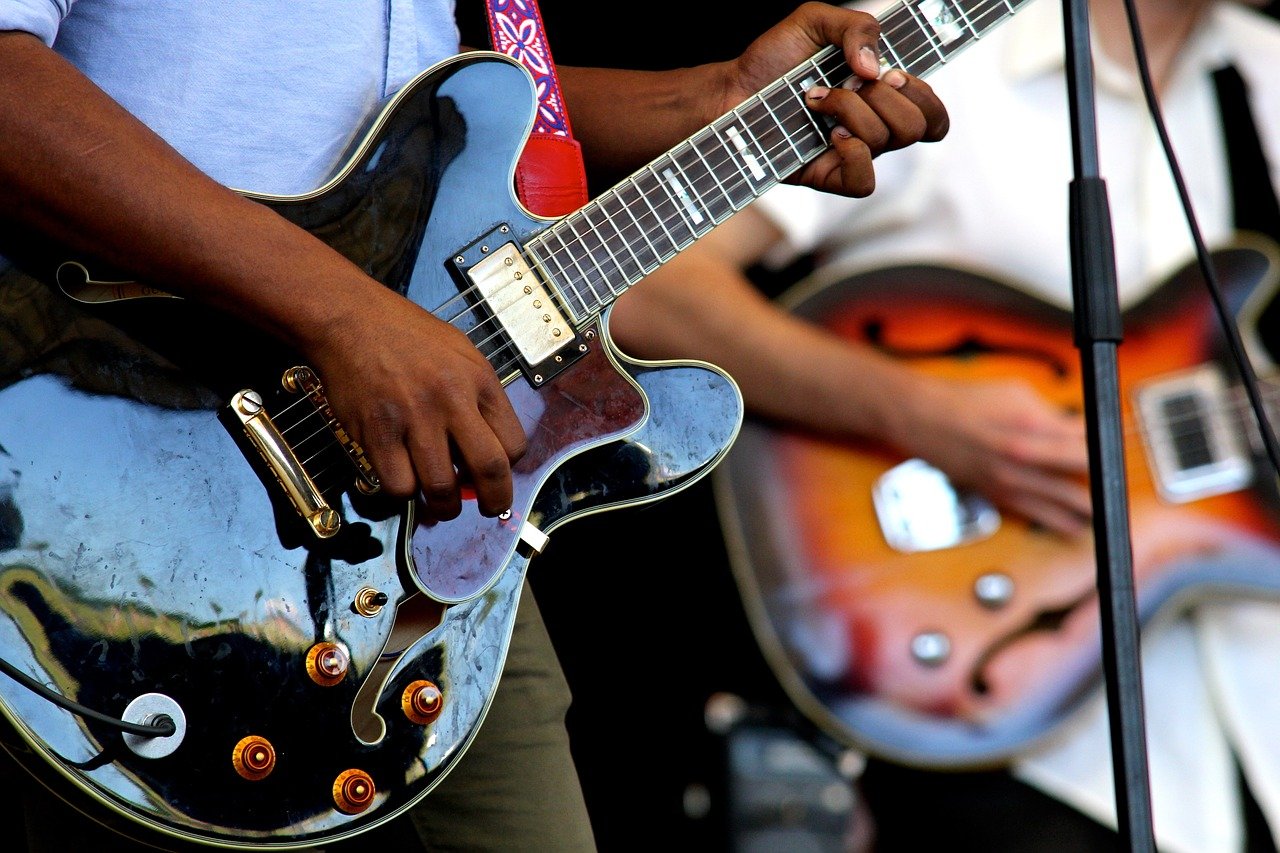Hosting an event of any kind can be an exciting prospect, especially given we have all been under restrictions for months now and unable to socialise as normal. The return of a more normal lifestyle is imminent, with outdoor events in particular now looking to be given the green light. Outdoor events give you a great opportunity to optimise space and location, with much more freedom in terms of layout, noise allowances and themes.
With that in mind, careful planning is important to ensure your event goes ahead smoothly. In particular, outdoor events may well rely on power generators to deliver light, music, heat and other crucial facilities. With that in mind, this article explores what you should consider when hiring a generator for your next event.
Why you should hire a generator for your event
Generators are available for a number of different circumstances, whether it’s to provide back-up power during a major power cut, or to power outdoor events that don’t have easy access to the power grid. A generator can help you deliver flexibility when it comes to the location of your event, so that you don’t have to be restricted by places that have access to mains power.
It can be more cost-effective to hire a generator, rather than buy one. For most businesses and event companies, events such as outdoor festivals occur maybe a few times a year, or even just once. Generators can cost thousands, but if you hire a generator for those few occasions you could be saving valuable resource and money that can be spent on other areas of the event.
Calculating the size of generator you need
Generators can come with a number of different power outputs, so it can be handy to know which one you need before hiring. You can work out the size of generator by first calculating the total wattage needed at your event.
Consider the electrical items that will need to be plugged in at your event, including lighting, catering equipment, musical band equipment and so on. Once you know the total wattage, you can get a better idea of how much electrical power you need. You should then work out the minimum electrical input you will need from your generator.
You should also consider the amount of KvA required, which is the unit for power. The standard rate for generators is a power factor of 0.8.
Consider the weather forecast
Generators are typically built to withstand different weather conditions, with a durable and protective casing. However, should extreme weather be forecast including heavy downpours or snow during the winter, it’s important to talk to the hire facilities company about your options.
In most cases, the generator can be placed under additional protective cover, but you should be aware that the generator needs ample ventilation to avoid overheating.
Leave time for setting up your generator
Generators will require some set-up time, usually with the help of the hire company. It’s important that generators are set up correctly and carefully, and that it is done before any guests or attendees begin arriving.
Generators should be earthed so that it is safer and quicker for electricity to travel through, in the event of an emergency. You should also ensure any cables or wires are secured so they don’t pose a hazard.
Consider noise levels
Generators naturally produce some level of noise, so it’s important that you place your generator somewhere where it won’t be a distraction to the event. Consider putting your generator away from where people will be gathered, and keep it away from any microphones or stage areas.
Instead, consider leaving the generator at a distance, or near loud speakers to disguise the noise.



 Bitcoin
Bitcoin  Ethereum
Ethereum  Tether
Tether  XRP
XRP  Solana
Solana  USDC
USDC  TRON
TRON  Cardano
Cardano  Lido Staked Ether
Lido Staked Ether  Avalanche
Avalanche  Toncoin
Toncoin